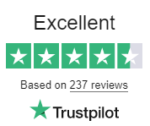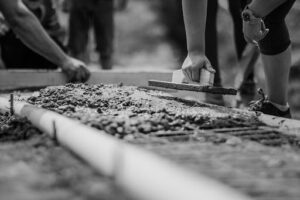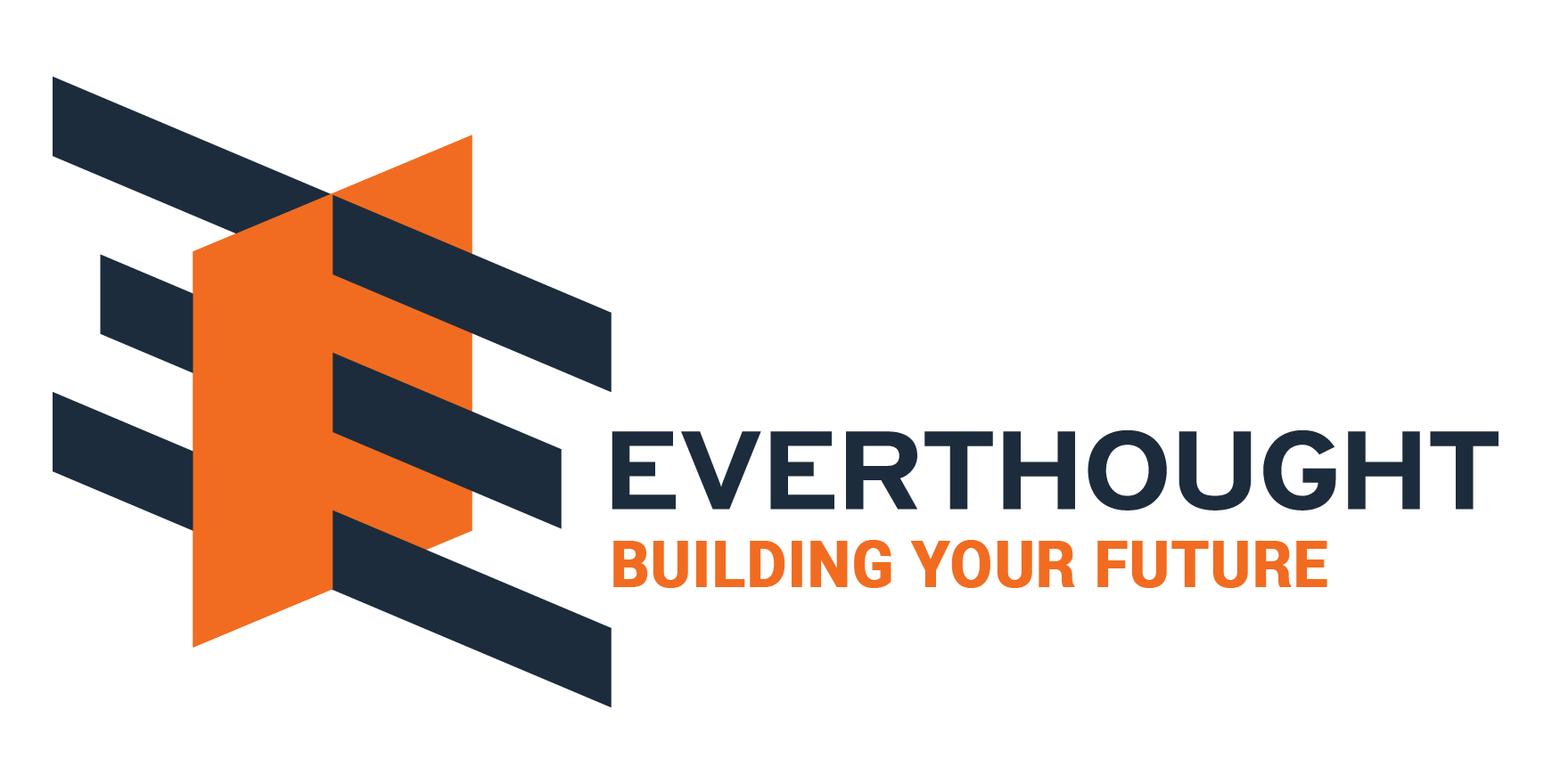The recognition of prior learning (RPL) programme at Everthought provides you with an opportunity to formally certify every skill and competency you have acquired in the construction and building industry over the years.
Through our RPL training and RPL assessment Australia, you can achieve a formal diploma or certificate after accomplishing our trade skills recognition. You can save time and money on tuition as our industry-certified assessors and top-quality RPL courses can help you get your RPL qualifications in as little as two to eight weeks (depending on knowledge).
Aside from providing students with RPL certificates, Everthought is a premier educational institution and registered training organisation (RTO) offering a range of building and construction courses. With our training and apprenticeship programmes, you can get the knowledge you need to stand out in the industry.
Our students get access to high-quality modules that contain both theory and practical elements of building and construction. You can even study courses like our Certificate III in Carpentry (CPC30220) or our Diploma in Building and Construction Management (CPC50320) to specialise in your pathway and stand out in your career.
Additionally, we offer courses that can guide you to your RPL builder’s licence such as our Diploma in Construction and Building (CPC50220), which is one of the main requirements and qualifications that is sought after towards achieving your building cert.
What are you waiting for? Enrol today and find out if you’re eligible for our recognition of prior learning programme.
What is Recognition of Prior Learning (RPL)?
Recognition of prior learning (RPL) is an assessment type that is mainly focused on the skills and knowledge you’ve collected through your work and life experiences and converting them into formal qualifications.
Aside from recognition of your competency, the RPL in Australia also acts as an assessment of whether you have the right amount of learning/know-how for a specific diploma or certificate.
For example, if you spent a lot of time working on a construction site as a labourer, while you might not have a formal qualification, an RPL can help you use that experience to become certified, making your skillset more evident to different employers once you start looking for different job opportunities.
The recognition of prior learning usually takes place at the start of your training after enrolling with an RTO, and you may need to undergo additional gap training if your assessor feels that certain learning objectives haven’t been fulfilled.
That’s why it’s quite important to work with the right RTO and find one that considers all aspects of your work experience while offering you the flexibility of different learning styles. When you enrol at Everthought, we consider the following aspects towards your recognition of prior learning:
- Work experience for at least three years (for certificate programmes) or four years (for diploma programmes) backed by a reference from a licensed or certified professional
- Other relevant certifications such as a related university degree, for example, a bachelor’s degree in architecture may make it easier for you to achieve a building and construction qualification
- History of past work and project/building samples where you’ve worked as an employee or contractor
It’s worth noting that credit transfer is also an option, but it mainly recognises previous formal learning. It uses a more rigid assessment and application process to determine whether your previous educational standing can be credited to your new course.
What is the difference between achieving a qualification via RPL and formal studies?
Although the recognition of prior learning programme is similar to other accreditation programmes, they differ in their structure and method of skill recognition.
As a primary example, while formal studies require sets of qualifying exams, an RPL certification is more flexible, and the range of documentation you can provide is less restrictive.
Moreover, while formal trade qualifications are quite rigid and require a specific set of learning outcomes/objectives, RPL assessments are more flexible and consider all work experience and history. In other words, whether you have formal education or not, there is a high chance you can be qualified as long as you possess the required skillset.
Here are some examples of what evidence or proof you can provide to assist in achieving a qualification via a recognition of prior learning programme:
- Records of completed training, such as university degrees or other relevant qualifications
- Documents and assessments proving your knowledge and abilities in a particular field
- Detailed information about past building projects and work experiences
- Referrals and a statement from your employer or training provider
Furthermore, with a recognition of prior learning programme, your assessor will work closely with you to ensure you are qualified to complete the certification. Generally, there are also fewer fees to pay due to the nature of an RPL programme compared to a formal educational programme or course.
Is a qualification completed via RPL assessment accepted all over Australia?
Yes, after you achieve your recognition of prior learning qualifications, they are recognised throughout Australia and internationally.
You may receive a physical certificate that showcases you’ve undergone the recognition of prior learning programme, and this serves as physical proof you have the necessary skills to work on any project related to your field of study.
To begin your application with us, you can start by browsing our course catalogue and seeing what learning opportunities are available for you. You can also reach out to us via email or phone if you have any questions regarding this programme.












